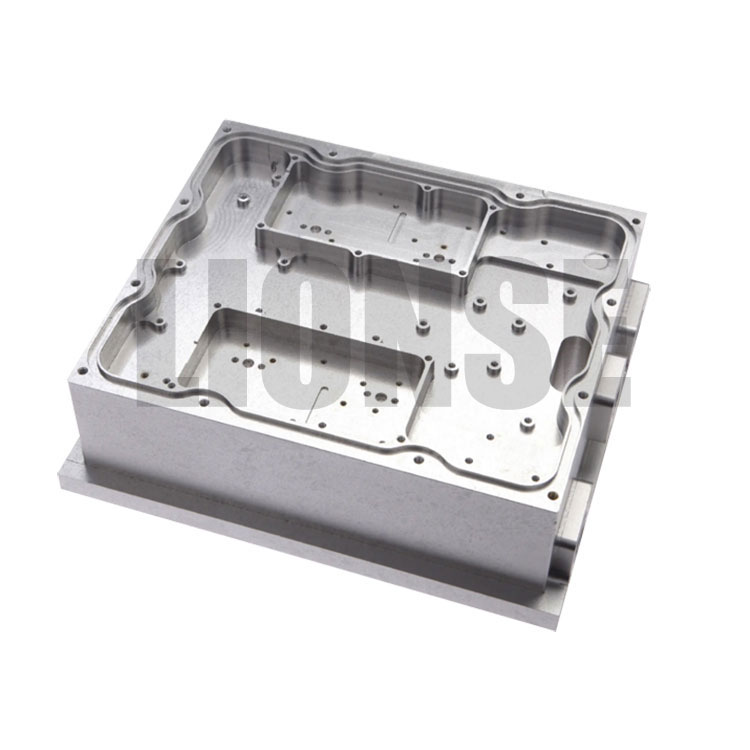What Are CNC Machining Parts and Why Are They Vital in Modern Manufacturing?
2025-06-24
CNC Machining Parts are components produced using Computer Numerical Control (CNC) machines, known for their high precision, efficiency, and consistency. These parts are widely used across industries such as aerospace, automotive, medical, electronics, and robotics. With the ability to turn digital designs into real-world components with extreme accuracy, CNC machining plays a crucial role in today’s manufacturing landscape.

What Are CNC Machining Parts?
CNC Machining Parts are metal or plastic components created by removing material from a solid block (workpiece) using CNC-controlled tools like lathes, mills, or routers. CNC machines follow programmed instructions (G-code) to cut, drill, mill, and shape the part according to exact specifications.
These parts can range from simple bolts and bushings to complex housings, engine components, and precision medical tools.
What Materials Can Be Used?
CNC machining is compatible with a wide variety of materials, including:
Metals: Aluminum, steel, stainless steel, titanium, brass, copper
Plastics: ABS, POM, PTFE, nylon, PVC
Composites and special alloys for high-performance requirements
Material selection depends on the part’s function, strength requirements, and environmental conditions.
What Are the Benefits of CNC Machining Parts?
CNC-machined parts offer several key advantages:
High Precision: Tolerances can be as tight as ±0.01 mm, ideal for critical components.
Repeatability: Every part is identical, perfect for mass production.
Speed and Efficiency: Automated processes reduce production time.
Complex Geometries: Capable of producing intricate shapes that are difficult or impossible with manual machining.
Versatility: Suitable for both prototyping and full-scale production.
What Are the Common Applications?
CNC machining parts are used in a broad range of applications, such as:
Automotive: Engine blocks, gear components, suspension parts
Aerospace: Turbine blades, landing gear parts, structural components
Medical: Surgical tools, implants, diagnostic equipment components
Electronics: Enclosures, connectors, heat sinks
Industrial Equipment: Shafts, brackets, gears, housings
How to Ensure Quality in CNC Machining?
Quality depends on several factors:
Precision Equipment: High-quality CNC machines with stable performance.
Experienced Operators: Skilled technicians for programming and monitoring.
Inspection Tools: Coordinate Measuring Machines (CMM), micrometers, and gauges to verify dimensions.
Material Quality: Certified raw materials to meet mechanical and chemical requirements.
Proper Surface Finishing: Processes such as anodizing, plating, or polishing for durability and aesthetics.
Conclusion
CNC Machining Parts are fundamental to modern engineering and manufacturing. Their unmatched precision, flexibility, and efficiency make them ideal for a wide variety of industries. Whether it’s a one-off prototype or a mass-produced component, CNC machining ensures quality and consistency at every stage.


